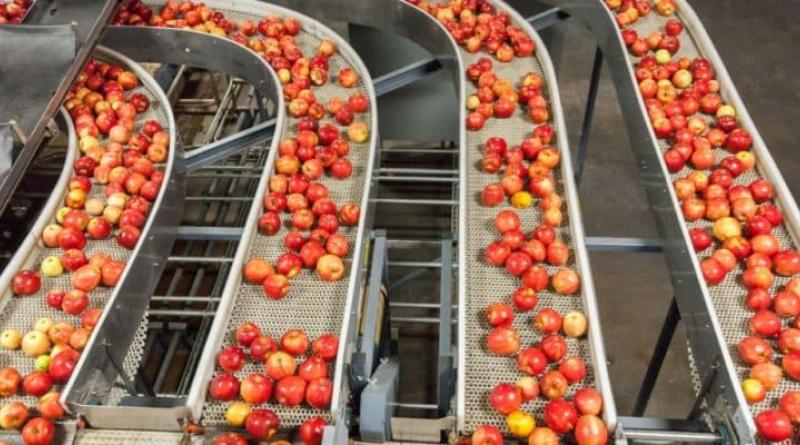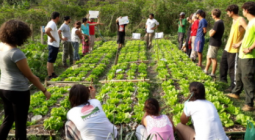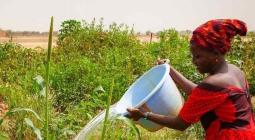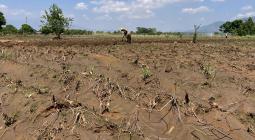AFRICA: in 2024, Agroecological Food Prize will be awarded to three food innovations

As part of its vision to promote ecological development, the Swiss foundation Biovision is launching the first edition of its Agroecological Food Futures Prize in East Africa. Until 26 July 2024, the initiative will select three projects from small and medium-sized enterprises (SMEs), focusing on the transition to more sustainable food systems.
For its first edition, the Agroecological Food Futures prize will select innovations from small and medium-sized agri-food businesses (SMEs) operating in Kenya, Rwanda, Tanzania and Uganda. Interested companies have until 26 July 2024 to submit their applications to the Swiss foundation Biovision, which is behind the competition.
“These are SMEs whose business models are aligned with the principles of agroecology and lead to positive changes in the areas of environmental sustainability, circularity, food security, social equity and/or local economic development”, stresses Biovision, which has been working for a healthy planet since 1998 by supporting sustainable food and ecological development.
In the first stage, six SMEs will be selected from a wide range of applicants. These will be invited to take part in a presentation and prize-giving ceremony to be held in the Rwandan capital Kigali. They will also receive support to help them perfect their presentation before a panel of experts, who will assess them on the basis of their profitability, potential for growth and impact, and their alignment with agro-ecology. Three winners will be selected and awarded prizes: $20,000, $10,000 plus personalised technical assistance, and $10,000 for the third.
For each of the beneficiary SMEs, this funding should make it possible to support their respective governments’ efforts to make the transition to more sustainable and equitable food systems. Kenya, Rwanda, Tanzania and Uganda are experiencing severe food insecurity, partly due to drought, which is reducing crop yields and therefore people’s livelihoods.
Implementing sustainable food systems could, in particular, help to reduce food waste, given the limited means of subsistence available. According to the United Nations Food and Agriculture Organisation (FAO), 30% of cereals produced worldwide are thrown away, 50% of tubers, fruit and vegetables, 20% of oilseeds, meat and dairy products, and 35% of fish.






